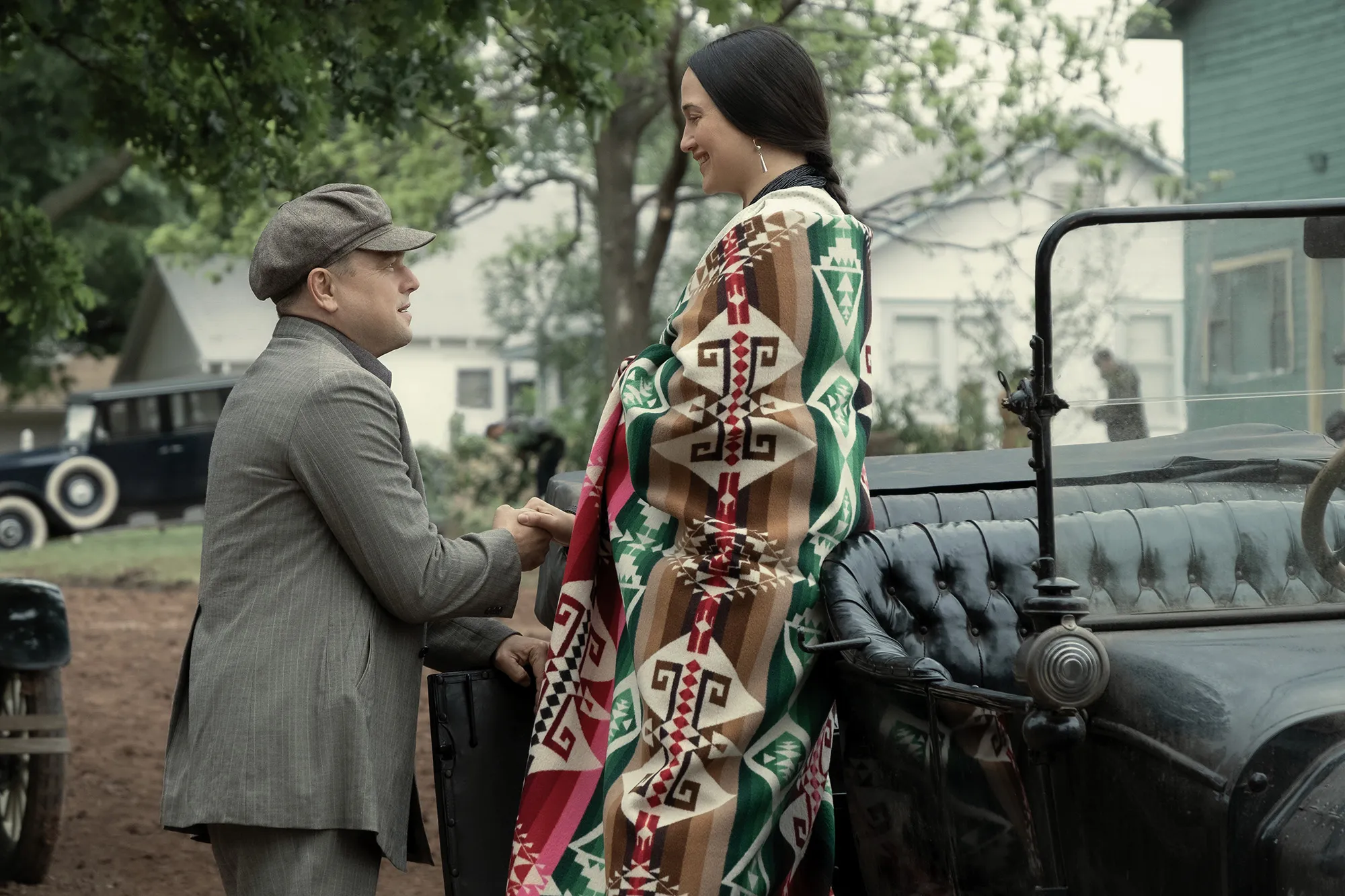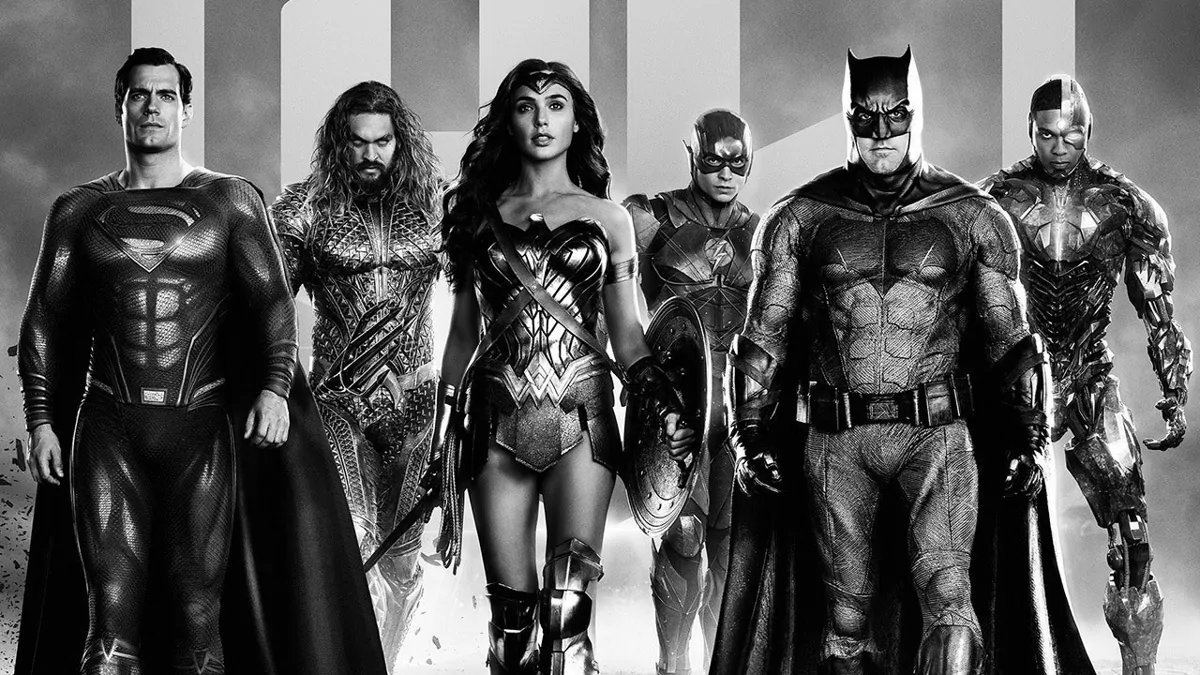A utopian society that lives in isolation during the 1950s is the setting for a film in which appearances are illusory. It is in this community that Alice (Florence Pugh) and Jack (Harry Stiles) Chambers have lived for some time. In this society all families live in neighboring houses; and all the husbands work for the Victory Corporation, always going to work together and leaving their wives at home. The head of the Corporation is the mysterious but friendly Frank (Chris Pine), for whom all men work. Frank, despite having little socialization with subordinates, is always seeking to gather community members at parties, at which he abuses motivational speeches. When a friend starts having psychotic breaks, Alice becomes suspicious of Frank and his goals.
The story of “Don’t Worry, Darling” is very well tied up to its last moments, referring to several cinematographic works of the same genre of suspense, especially by director M.Night Shayamalan. In this second feature, director Olivia Wilde builds an intense and very curious plot, leading the audience to gradually discover her true intention behind the suspenseful story, which is to talk about female emancipation and women’s right to choose. . And to get there, the issue of illusion of appearances is fundamental – nothing in this film is random, everything converges to the main plot. The only weak point of the direction is the moment when Wilde chooses to use the camera in hand to surround groups that are talking, causing the camera to spin non-stop for a long and unnecessary time, creating a nuisance in the audience that takes him out of the story.

During most of the film, Alice is in the frame and Florence Pugh does wonderfully. The actress conveys all the nuances of the character, from the aspect of the woman in love to the face of the woman desperate for the truth, crossing the limits of madness. The role of Alice required someone with Pugh’s dramatic load and the choice of director was correct, especially when we know that Olivia Wilde herself wanted to play the protagonist, but preferred to hand the character over to an actress who worked in more depth. As for Harry Stiles, the male pair, he doesn’t show the same dedication to the role, but at least he doesn’t clash. Chris Pine, on the other hand, plays an interesting role and it works very well for his acting profile.
“Don’t Worry, Darling” is a film that promotes good debates on the issue of women. Its only flaw is that it ends abruptly, leaving some doubts about its plot that could have been answered. Even so, it is a film that, at the end of the session, leads the audience to more than necessary questions and reflections.








